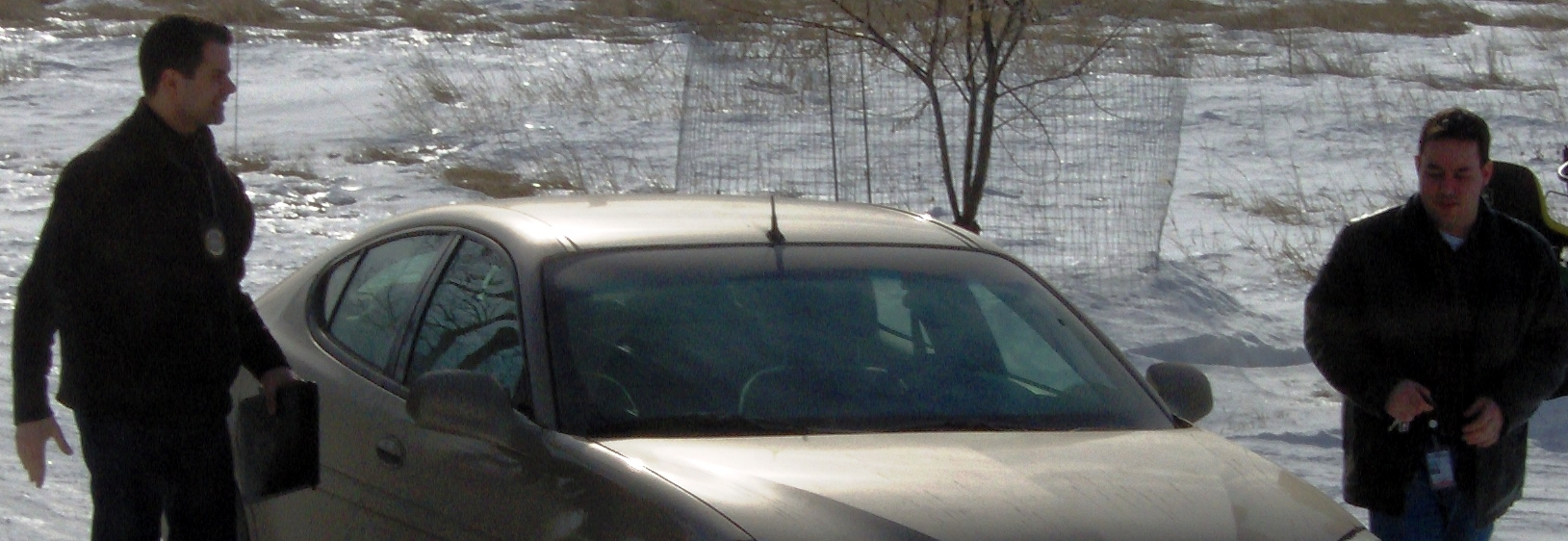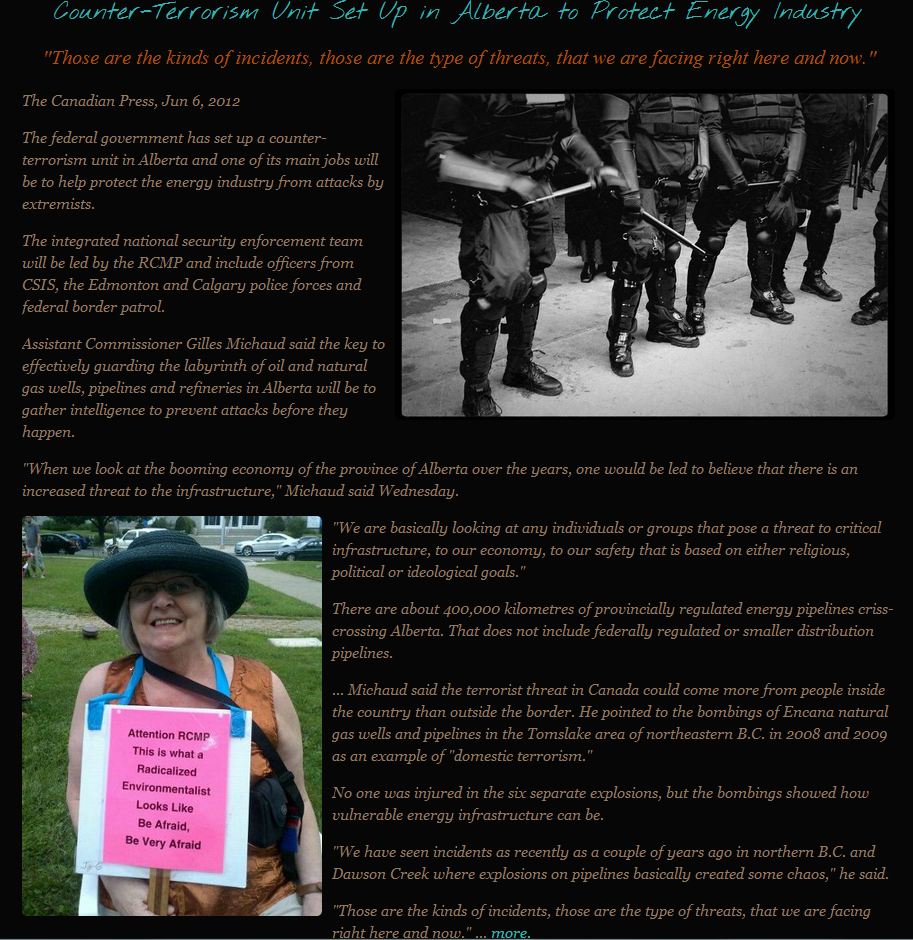Canada’s spy agencies have no business withholding information from the courts to get warrants to intercept the communications of Canadians abroad by the Toronto Star, December 29, 2013
Canada’s top spy agency, the Canadian Security Intelligence Service (CSIS), deliberately kept the Federal Court “in the dark” about plans to enlist foreign spy agencies to eavesdrop on Canadians abroad, when it applied for top secret warrants to intercept their communications. That chilling ruling from Justice Richard Mosley, one of the country’s most respected security experts, is a stinging indictment of the way CSIS operates along with its partner, the Communications Security Establishment Canada (CSEC). His finding that CSIS deliberately breached its “duty of candour” to the courts should provoke a storm of outrage when Parliament resumes after the holiday break. Someone must answer for the spy agency’s attempt to game the courts. As the notorious case of Maher Arar demonstrated, Canada’s police and spy services have been burnt before when they red-flagged our citizens as persons of concern to other countries’ security agencies. Arar was detained in the United States on the basis of inaccurate information from Canadian police linking him to terrorists, and was bundled off to Syria where he was tortured. He later won $10 million compensation and an apology.
Casting suspicion on Canadians abroad can put lives at risk. Yet in a recent ruling Mosley found that CSIS purposefully misled him back in 2009 to obtain a series of “CSIS 30-08” warrants that authorized CSIS to work with CSEC to intercept the communications of two Canadians who had gone abroad and who were suspected as domestic security threats. In seeking the warrants neither CSIS nor CSEC ever raised the issue of bringing in third-party spies. And the courts never authorized it. The court was led to believe that all the electronic surveillance would take place under Canadian control, or in Canada itself. Not so. On CSIS’s behalf, CSEC subcontracted some of the spying to members of the “Five Eyes” partnership that includes Canada, the U.S., Britain, Australia and New Zealand. The warrants effectively became “protective cover” for unauthorized activities.
This doesn’t reflect well on Prime Minister Stephen Harper’s government, or on its control of our spy agencies. … If the Harper government wants to allow CSIS and CSEC to ask our American, British or other partners to intercept the communications of Canadians travelling abroad it can pass a law doing so. That is, provided it is prepared to weather the political storm. But as things stand the Federal Court lacks the authority to issue warrants allowing intercepts of Canadians by our “Five Eyes” partners, Mosley noted. Yet that’s just what CSIS did, under cover of a warrant, without advising the court of what it was doing. This slippery conduct is intolerable. … Mosley has reason to object. So have we all. [Emphasis added]
Canada’s spy agencies chastised for duping courts by Colin Freeze, December 20, 2013, The Globe and Mail
Canada’s spy agencies have deliberately misled judges to expand their eavesdropping powers unlawfully, a newly released ruling says. In a rebuke to Canadian counter-terrorism practices, the 51-page ruling says federal agencies are wrongly enlisting U.S and British allies in global surveillance dragnets that risk harming Canadian terrorism suspects and could expose government agents to criminal charges. On the advice of watchdog agencies, the judge was reconsidering a 2008 decision to expand the wiretapping reach of Canadian intelligence services. At issue are the actions of the Canadian Security Intelligence Service and Communications Security Establishment Canada. The two agencies have shared information with allied agencies on their investigations of Canadian citizens done under the expanded powers – but never told the court they were going to do so.
Federal Court Judge Richard Mosley said he and other judges have fallen victim to “a deliberate decision to keep the court in the dark.” His written ruling, released on Friday, was summarized last month in a statement, but national-security experts say only the full version communicates the depths of his disgruntlement. “A decision was made by CSIS officials … to strategically omit information in [warrant] applications … about their intention to seek the assistance of the foreign partners,” Judge Mosley writes. He adds that the Federal Court never authorized any international intelligence exchanges, and likely would not have approved some warrant applications if it had known about the practice. … Craig Forcese, a University of Ottawa law professor called the ruling a “significant chastisement.” He said the court is rightly worried investigations authorized after the 2008 ruling could have endangered people. “Imagine a circumstance where CSIS says, ‘We’ve got concerns about these Canadians…And the [U.S. Central Intelligence Agency] decides it’s time for a Predator drone …” [Emphasis added]
[Refer also to:
October 9, 2013: PRESS ADVISORY Chief Justice rejects Alberta government’s attack on Rosebud water contamination case – but dismisses case against Alberta’s key energy regulator, the ERCB
In a judgment recently released by the Alberta Court of Queen’s bench, Chief Justice Neil Wittmann agreed there were valid claims asserted against the ERCB for breaching Ms. Ernst’s fundamental and constitutional right to freedom of expression and that “the ERCB cannot rely on its argument on the Weibo eco-terrorism claim, in the total absence of evidence. There is none.”
However, the court found that the Alberta government had granted complete immunity to the ERCB for all legal claims, including for breaches of constitutional rights.

February 12, 2009 – following a CTV W5 National News segment of Ernst’s explosively contaminated well water and the ERCB’s treatment of her, “undercover” Royal Canadian Mounted Police with Canada’s anti-terrorist squad arrive warrant-less at Jessica’s home in Rosebud to interrogate. EnCana, Alberta Environment and the ERCB had been served legal papers two months previously.
We’re Being Watched, How corporations and law enforcement are spying on environmentalists
Hey CSIS, farmers are not terrorists, Anti-fracking activists have been labelled a security threat
Petro-state politics prompts CSIS to spy on citizens at alarming rate, FOIs reveal
Canada’s former spy watchdog is now a wanted man in Quebec
Counter-terrorism unit to protect Alberta energy industry
Counter-terrorism unit set up in Alberta to protect energy industry headline changed shortly after publication to Counter-terrorism unit set up in Alberta to help protect energy industry, public
Lawyer’s suspicions spy agency listened to client calls proven right “I couldn’t believe the degree to which the [Canadian] judicial process had been corrupted,” ]


